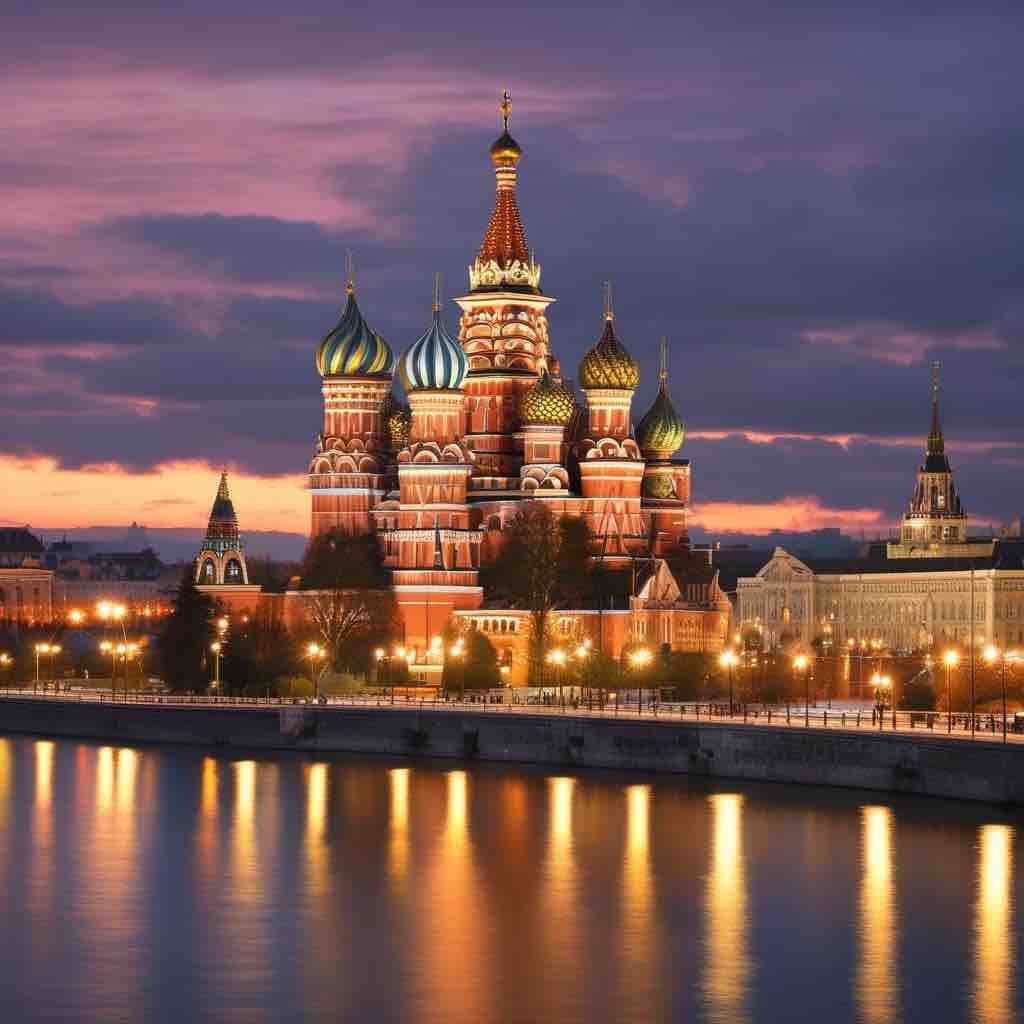Studying medicine in Russia is an exciting and life-changing experience for international students. With its world-class medical education, globally recognized universities, and affordable tuition fees, Russia attracts thousands of students from across the globe. However, adapting to a new country comes with challenges, including language barriers, cultural differences, and lifestyle adjustments. This guide provides an overview of living in Russia as an international medical student, covering essential aspects such as accommodation, transportation, food, culture, and student life.
Accommodation Options
International medical students in Russia have multiple accommodation choices:
- University Hostels: Most universities provide on-campus dormitories, which are the most affordable and convenient option. Rooms are usually shared, and facilities like kitchens, laundry, and study areas are available.
- Private Apartments: Students who prefer more privacy can rent apartments near their university. Prices vary depending on the city, with Moscow and St. Petersburg being more expensive than smaller cities.
- Shared Apartments: Many students opt to share an apartment with classmates, reducing costs while maintaining a comfortable living environment.
Cost of Living
Living in Russia is relatively affordable compared to Western countries. The estimated monthly expenses for international students are:
- Accommodation: $100–$500 (depending on the type and location)
- Food: $150–$300
- Transport: $10–$30
- Miscellaneous (entertainment, internet, personal expenses): $50–$150 Overall, students can manage a decent lifestyle on $400–$800 per month, depending on their city and spending habits.
Transportation System
Russia has a well-developed public transport network, making it easy for students to commute:
- Metro: Major cities like Moscow, St. Petersburg, and Kazan have efficient metro systems with affordable fares.
- Buses & Trams: These are widely available in all cities and are budget-friendly.
- Taxis & Ride-Sharing: Apps like Yandex.Taxi and Uber are commonly used for convenient travel.
- Student Discounts: Many universities offer discounted transport passes for students, significantly reducing travel expenses.
Food and Dining
Russia offers a variety of food choices, catering to different tastes and dietary preferences:
- University Cafeterias: Most universities have affordable cafeterias serving local and international meals.
- Supermarkets & Markets: Students can buy fresh groceries and cook their own meals.
- Restaurants & Fast Food: Cities have diverse dining options, from Russian cuisine to international chains like KFC, McDonald’s, and Subway.
- Halal & Vegetarian Options: Many cities have restaurants catering to halal and vegetarian diets, especially in student-populated areas.
Climate and Weather
Russia has a diverse climate, with cold winters and warm summers:
- Winters: Temperatures can drop as low as -20°C in some regions. Students should invest in warm clothing, including heavy coats, boots, and gloves.
- Summers: Temperatures range from 20°C to 30°C, making it pleasant for outdoor activities.
- Autumn & Spring: These seasons bring moderate temperatures and beautiful landscapes, ideal for exploring the country.
Language and Communication
Although many medical universities offer English-medium programs, learning basic Russian can be beneficial for daily life:
- Language Courses: Universities often provide free or affordable Russian language classes for international students.
- Common Phrases: Knowing essential Russian phrases helps in communication at stores, hospitals, and public transport.
- Translation Apps: Mobile apps like Google Translate can assist in understanding Russian signs and menus.
Cultural Adaptation and Social Life
Adjusting to a new culture is an essential part of studying abroad:
- Friendly Locals: Russians may seem reserved initially but are generally welcoming and helpful.
- Festivals & Celebrations: Students can experience Russian traditions through festivals like New Year, Maslenitsa (Pancake Week), and Victory Day.
- Student Communities: Most universities have international student associations that organize events, helping newcomers adapt and make friends.
- Extracurricular Activities: Universities encourage students to participate in sports, arts, and cultural programs, enriching their overall experience.
Healthcare and Medical Services
Russia provides affordable and accessible healthcare for international students:
- Medical Insurance: It is mandatory for students to have health insurance, which covers basic medical needs.
- University Clinics: Many universities have on-campus medical facilities offering free or low-cost healthcare.
- Public & Private Hospitals: Students can seek medical help at both government and private hospitals, with private clinics providing faster services at higher costs.
Part-Time Work and Earning Opportunities
International students can work part-time in Russia, but there are some restrictions:
- Work Permit: Students need a work permit unless they are employed by their university.
- Allowed Hours: Work hours are limited to 20 hours per week during academic sessions.
- Job Options: Common part-time jobs include tutoring, freelance work, and on-campus positions.
- Internships: Some students gain experience through paid internships in medical or research fields.
Safety and Security
Russia is generally a safe country for international students, but basic precautions should be taken:
- University Support: Universities provide student support services, including guidance on safety and emergency contacts.
- Safe Transport: Public transportation is secure, but students should avoid traveling alone late at night.
- Awareness: Being cautious with personal belongings and avoiding unfamiliar areas is advised.
Conclusion
Living in Russia as an international medical student is a rewarding and enriching experience. With its high-quality medical education, affordable living costs, cultural diversity, and excellent infrastructure, Russia provides an ideal environment for students pursuing a career in medicine. By preparing for the climate, learning basic Russian, and engaging in social and academic activities, students can make the most of their time in Russia. With the right approach, studying and living in Russia can be an exciting and fulfilling journey toward a successful medical career.
